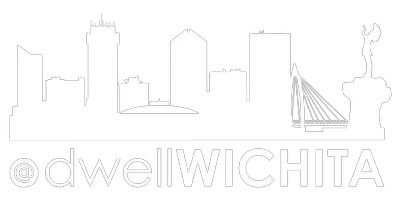Understanding Closing Costs
Congrats on finding your dream home! Now that your offer has been accepted and your loan is approved, you’re nearly there. But before you get the keys to your new place, there’s one last step: the closing.
The closing, or "settlement," is where ownership of the property officially transfers from the seller to you. It’s an exciting milestone, but it can also feel a bit overwhelming. There’s paperwork to sign, and on top of your down payment, you’ll also need to cover various closing costs. These fees can be confusing, especially if you don’t know exactly what you’re paying for. But don’t worry—we’re here to help guide you through it.
Closing costs are a mix of fees related to your mortgage, as well as charges imposed by local or government authorities. These costs can vary depending on where you’re buying, but here’s a rundown of the most common ones:
Appraisal Fee: This fee covers the cost of the property appraisal, which helps establish the home’s market value. If you’ve already paid for the appraisal during your loan application process, you may not see this fee again.
Credit Report Fee: This covers the cost of the credit report your lender pulls to assess your financial standing. If you’ve paid this already when you applied for your loan, it won’t show up again at closing.
Loan Origination Fee: This fee covers the lender’s costs for processing your loan. Typically, it’s about 1% of the loan amount.
Loan Discount (Points): If you’ve chosen to pay "points" to lower your mortgage rate, each point costs 1% of the loan amount. This one-time charge can help you secure a lower interest rate and reduce your monthly payments.
Title Insurance Fees: These fees cover the cost of the title search, title examination, and title insurance to ensure that the property’s title is clear and free from legal issues.
PMI (Private Mortgage Insurance): If you’re putting down less than 20% on the home, your lender will likely require PMI. This protects the lender in case of default. Once you have 20% equity in your home, you may be able to remove PMI.
Prepaid Interest: This covers the interest on your mortgage from the date you close to your first payment. If you close early in the month, this fee will be higher than if you close closer to the end of the month.
Escrow Fees: If your area uses escrow accounts, the lender will set up an account to cover future property taxes and homeowners insurance. You’ll typically need to deposit enough to cover a year’s worth of taxes and a couple of months’ worth of insurance at closing.
Recording Fees & Transfer Taxes: These are fees charged by the state or local government for recording the deed and transferring ownership of the property into your name.
We’re Here to Help - Understanding closing costs is key to feeling confident and prepared for this final step in the homebuying process. We’ll work closely with you to provide a detailed estimate of your closing costs before you even get to the closing table, so you know exactly what to expect. And, in some cases, we may even be able to help you negotiate with the seller to cover some or all of these costs.
When you work with us, you’re not just getting a real estate agent—you’re getting a trusted guide through every step of the homebuying process. From explaining closing costs to helping you find ways to save, we’re committed to making this experience as smooth as possible.


